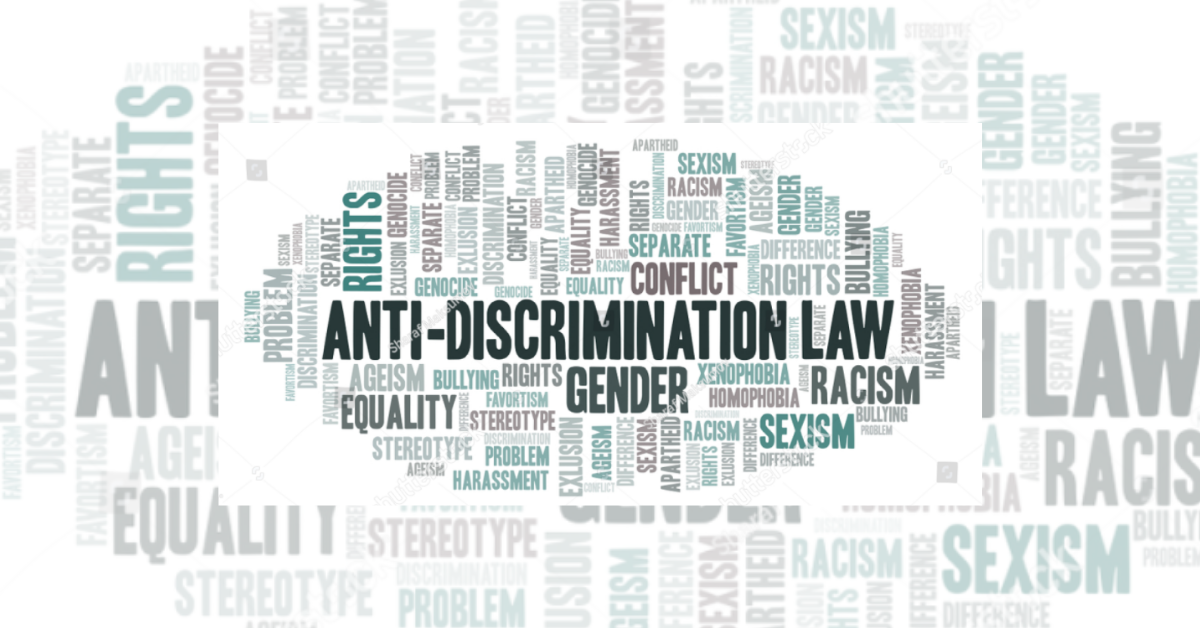In Part I, the author provided a background about Section 30 of the Indian Evidence Act, and the core issues stemming from it under a law and economics framework. In this part, the author focuses on...
The article argues that Section 30 of the Indian Evidence Act harms the rights of the accused and argues this through law and economics perspective. Part I problematises the impact of Section 30...
Between 2019 and 2020 the Parliament passed four codes that re-organized the existing labour laws in India. The Code on Social Security, 2020, for the first time, introduced gig and platform-workers...
The present constitutional provisions that provide protection against different forms of discrimination fall short of recognizing and doing complete justice to the victims of intersectional...
Indian Journal of Constitutional Law, NALSAR releases Vol 9 (2020) | A Mélange of Scholarship on Indian and Comparative Constitutional Law Issues
[Ed Note: We are happy to report the release of IJCL’s Vol. 9 (2020). This Volume of the Journal seems quite promising with 11 pieces in the form of 7 Articles, 2 Essays and 2 Case Comments...
Yet another creation of crime!
This post discusses the approach in the Lok Sabha from regulating commercial surrogacy to criminalizing it and how such transition is in conflict with the guaranteed rights.
The piece analyses the shortcomings in the recent judgment of the Delhi HC which decriminalised begging and further suggests, that the Central Government should come with uniform central legislation...
There are some provisions in our statutes that have absolutely no reason for them to be there or for them to be drafted the way they are. This post terms such provisions as “ghost provisions”. The...
“There is a tide in the affairs of men (sic), which taken at the flood, leads on to fortune. Omitted, all the voyage of their life is bound in shallows and in miseries. On such a full sea are we now...
The Supreme Court’s [‘SC’] decision in Lok Prahari v. Union of India marks an important addition to electoral reform jurisprudence in India. In this case, the Court issued directions for the...









